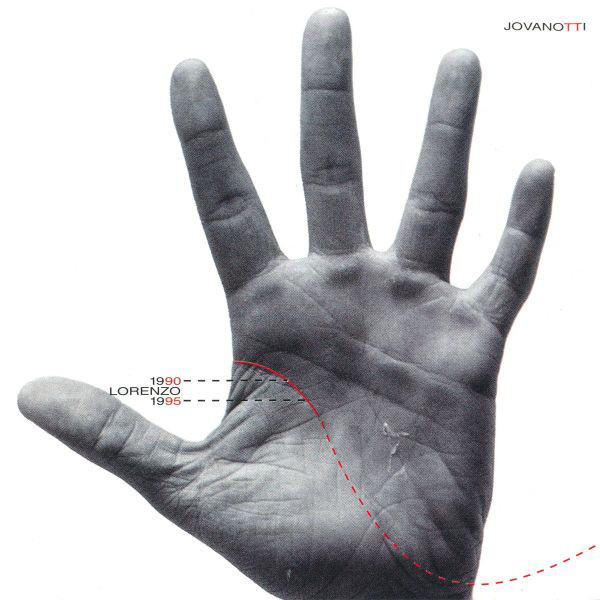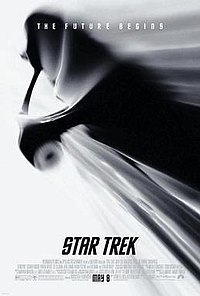The movie is based on a real story of Jean-Dominique Bauby (Jean-Do), the author of the book of the same name (which I did not read). Jean-Do, who had locked-in syndrome following a stroke, was able to dictate his extraordinary book by blinking his only functioning eye. Even though I knew that there will be no happy end, I still was hoping for a miracle. One of the most powerful scenes is the telephone conversation between Jean-Do and Inès (his last girlfriend), assisted by Céline (his former partner and mother of his children). According to the F-Word review,
the Céline-Inès telephone translation scene was entirely the invention of the film’s makers. It does not appear within the book, which makes scant reference to either the mother of his children (Sylvie) or his girlfriend (Florence).
If so, then congratulations to the filmmakers.
Le scaphandre of the title (in English translation inexplicably rendered as “diving bell”, rather than “diving suit”) refers to Jean-Do’s paralysed body; le papillon (the butterfly) is his free imagination.



























